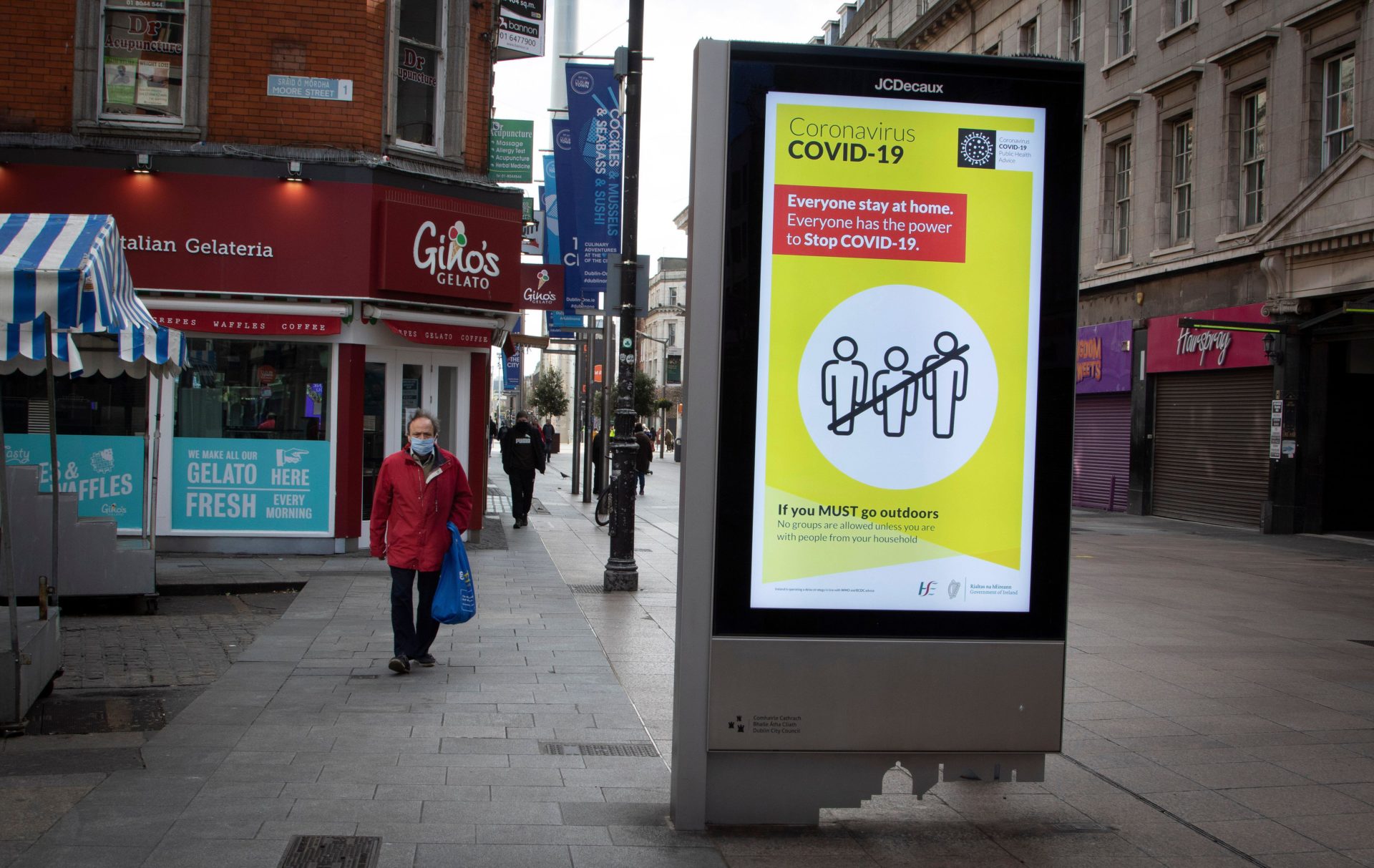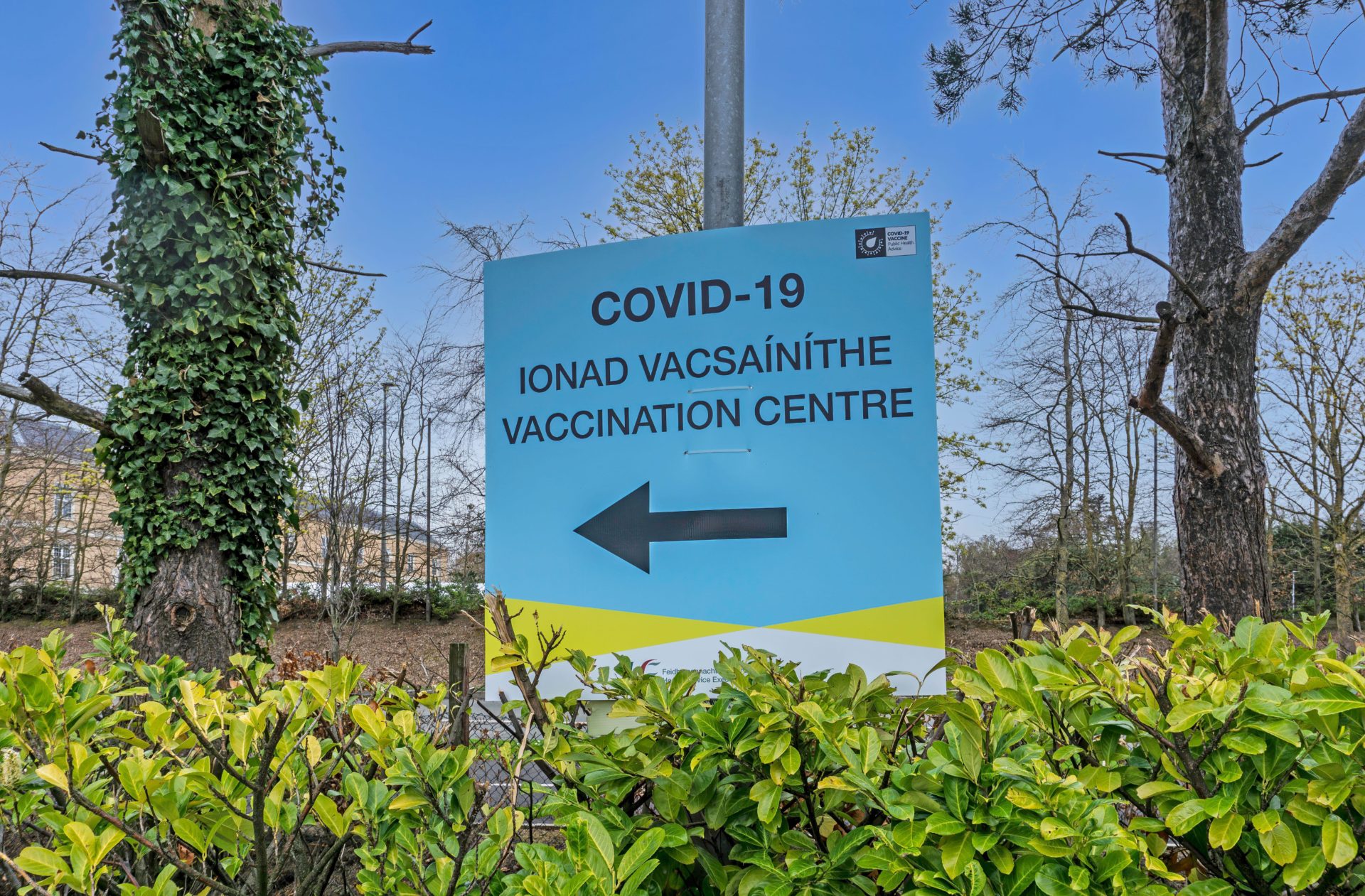COVID-19 is now “inclined to now cause diarrhoea”, Luke O’Neill has said.
Five-years since the virus arrived in Ireland and changed life beyond recognition, the Trinity Professor said there is “no doubt” that the virus has also changed in the intervening years.
Professor O’Neill said people now have “great protection from this nasty virus” thanks to vaccines and their own immune system.
“We’ve all been infected,” he said.
“Even if you don’t think you’ve been infected, I bet you did and you never had any symptoms.
“There’s studies showing this if you measure antibodies - most of us have COVID antibodies, even though some people have said they don’t remember catching it.
“And that’s great because that means your immune system has responded.”
 COVID-19 lockdown restrictions. Image: Alamy. April 6, 2020
COVID-19 lockdown restrictions. Image: Alamy. April 6, 2020Professor O’Neill said the “great strength” of the immune system is that it remembers how it previously dealt with illnesses.
“Then when you get infected again, you clear the infection very quickly,” he said.
“So, two things have changed; the virus itself and, secondly, our immune system’s capacity to recognise and eliminate the virus.”
Since 2020, COVID-19 has mutated several times and this means its severity and symptoms have changed as well.
According to Professor O’Neill, there is now one symptom in particular that people should now keep an eye out for.
“A big one - and there’s evidence - is it’s inclined to now cause diarrhoea,” he said.
“The main place the virus goes is your lungs; it’s a respiratory virus and causes breathing difficulties and symptoms of a cold or the flu that also affects the airwaves.
“Now, there’s some evidence that people will present, as many as 50%, with diarrhoea as their first symptom.
“What that means is it’s getting into our gut, our stomach, our digestive system.”
 A sign for the Vaccination Centre in Citywest, Dublin, Ireland. Picture by: Noel Bennett / Alamy Stock Photo
A sign for the Vaccination Centre in Citywest, Dublin, Ireland. Picture by: Noel Bennett / Alamy Stock PhotoThe HSE offers seasonal boosters to people who are at particular risk from COVID-19.
They recommend you book an appointment for one if you are over 60, living in a long-term care facility, have a weak immune system or have a condition that will put you at high risk if you contract COVID-19.
Those who are pregnant or a healthcare worker should also consider a booster shot.
Main image: Prof Luke O’Neill in the Newstalk Studio. Picture by: Newstalk









